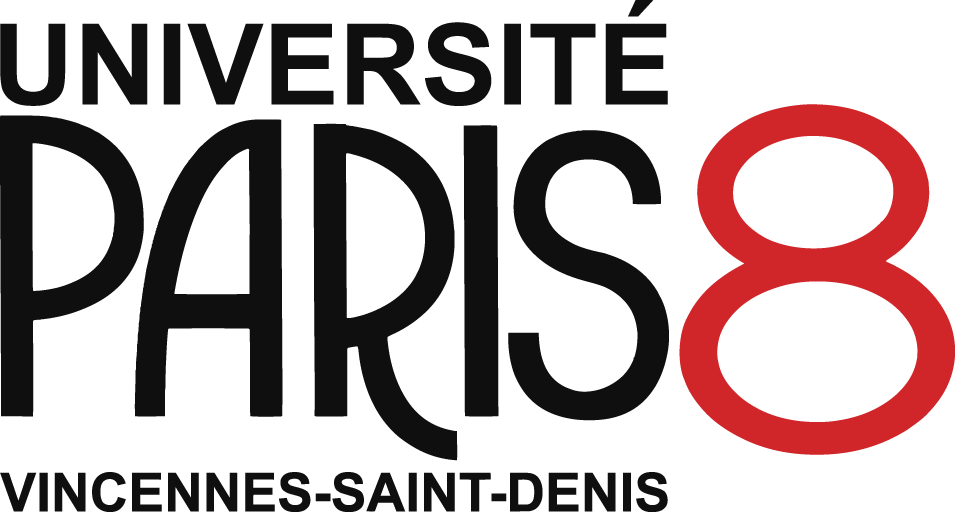The effects of winning and losing on perceived group variability
Résumé
Previous research has shown that the people in low status, negatively-valued groups are perceived to be more homogeneous than the people in high status, positively-valued groups. The present research investigated the possibility of an opposite effect in which people perceive positive groups to be more homogeneous than negative groups. The researchers hypothesized that winning groups would be perceived to be more homogenous than losing groups because group homogeneity is associated with group cohesiveness, and group cohesiveness has a positive value in the context of an intergroup competition. In a first experiment (N=175), target groups varied according to their objective group variability and whether they won or lost a competition. As predicted, winning groups were perceived to be significantly more homogenous than losing groups regardless of their objective variability. In a second experiment (N=186), these effects were replicated using different social groups, and the effect of group performance on homogeneity judgments was mediated by perceptions of group cohesiveness
